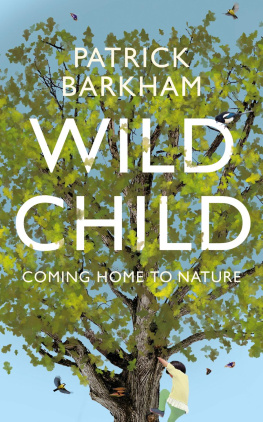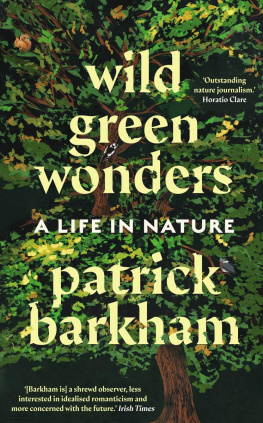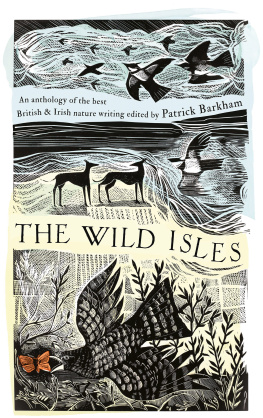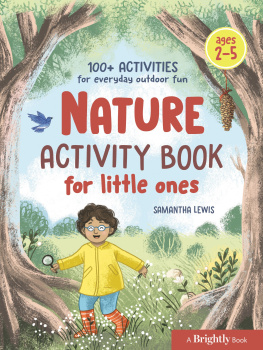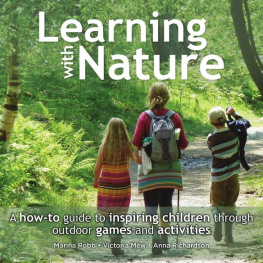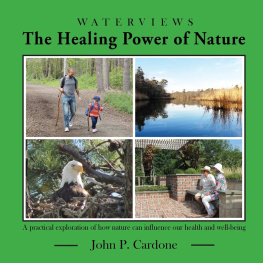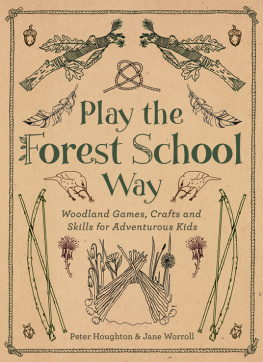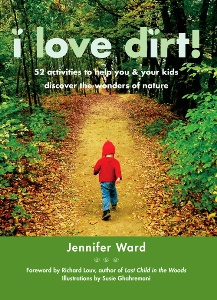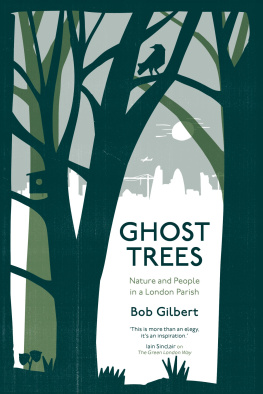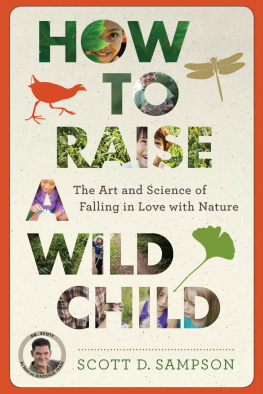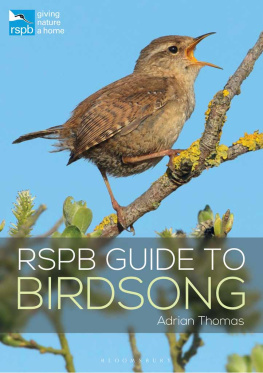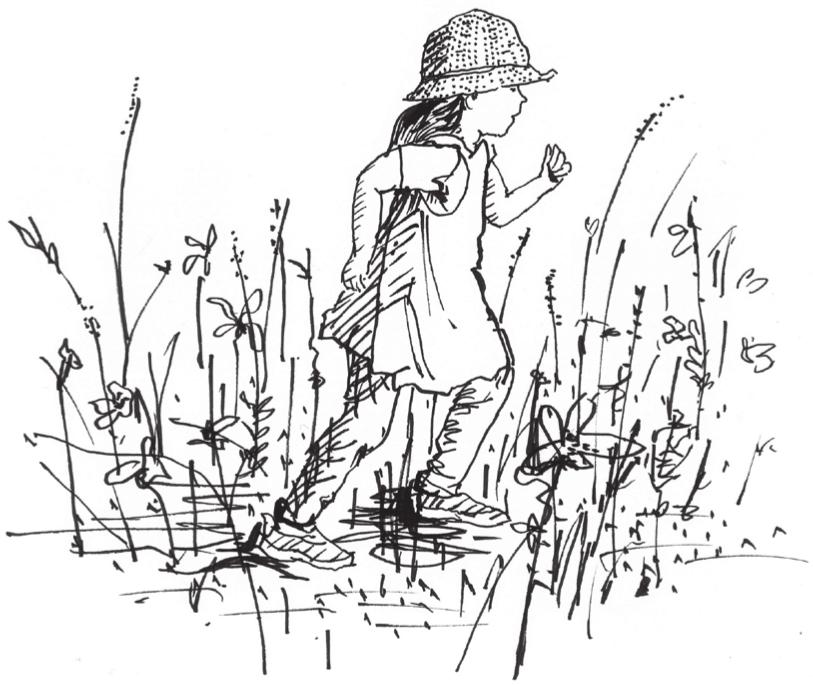This book is dedicated to Emma Harwood and Hayley Room and everyone else who helps children spend time in wild places.
Apart from my own childrens, the names of children at the various schools and Forest Schools I visited have been changed, and in some cases other details too, so as to protect their identities.
All of you with little children and who have no need to count expense, or even if you had such need, take them somehow into the country among green grass and yellow wheat among trees by hills and streams, if you wish their highest education, that of the heart and the soul, to be completed. Therein shall they find a Secret, a knowledge not to be written, not to be found in books. They shall know the sun and the wind, the running water, and the breast of the broad earth. Under the green spray, among the hazel boughs where the nightingale sings, they shall find a Secret, a feeling, a sense that fills the heart with an emotion never to be forgotten. They will forget their books they will never forget the grass fields.
Richard Jefferies
A wild child entered my life on the night I first heard a tawny owl call kerr-wick, kerr-wick in the dark trees behind my home. She has dark eyes, a mane of brown hair and she roams our garden like a little lion. Nothing seems to escape her gaze. She possesses the eyes of a hawk, the ears of a bat and the talons of an eagle. She schemes like a hyena, runs like a cheetah and pounces like a tiger. Her name is Esme and she has had an urgent appointment with the wild since she was very young.
She was stuffing soil into her mouth at six months old and could distinguish between a jay and a magpie as a toddler. She was catching butterflies with her bare hands at three. She is seven now, and loves to run free, poke hands into birds nests, squeeze frogs, catch crickets, hold chicks. She is also an intuitive freedom fighter who sides with the underdog usually other animals and chafes against the strictures of parental surveillance and the school system.
Esme is one of an endangered species. A few of my generation, and more from preceding generations, were once wild children. Today the wild child is functionally extinct in the Western world. The idea that a child of, say, nine would roam without adult company through copses and spinneys close to their home is anathema. The self-directed child, playing freely among an abundance of other animals, plants and peers, belongs to a lost civilisation. And we have lost it in the blink of an eye.
We live in a time of unprecedented gloom about enveloping environmental crises. We must adapt to unimaginably rapid climatic changes. We are increasing in number. Our energy and our thirst for a good life are throttling other life on the planet. But these crises may prove unsolvable unless we fix another problem: our children are growing up without green space and wild things. Our contact with species other than our own is lessening. Our time in nature is curtailed. We have little clue where our food comes from. Most of us live increasingly confined to the structures made by our own species, on a planet ever more ravaged by that species.
It hasnt always been like this. We forget how life has been for 14,990 of 15,000 or so generations of Homo sapiens. For by far the greater part of our existence as the wise man, we have lived outdoors. It was only in the nineteenth century that most of us moved inside to work, learn and play. By 1861, more of Britains population were recorded living in towns and cities than in the countryside, and we became the first urban nation. Today, more than eighty-three per cent of British people are urban. Our alienation from the natural world may be older and deeper than many other nations, but there are now thirty-two countries even more urban than us.
Most of us in Britain are fortunate to live in an era of unsurpassed comfort, liberated from the back-breaking outdoor labour that sent our forebears to their premature graves. But we are myopic when it comes to our good health, and seduced by ease and easy stimulation. We forget what we and our children need, and neglect what makes us well. Across the affluent world, outdoor teachers tell the same stories of children wondering what mud is, or where milk comes from; of children who have never before set foot on grass, never visited the seaside, or think a blue tit can kill them. I visited a permaculture garden in Athens where teachers fielded questions from Greek city kids such as Who hung the lemons on the tree?
I could devote many chapters to assessing the growing body of scientific evidence showing the harmful impact of our dislocation from other species. I could quote the accumulated wisdom of traditional thought and contemporary artists, and seek to prove the damaging impact of a life lived on concrete, in polluted air, and beholden to electronic screens on us, and on our planet. Although the medical establishment currently suggests that guilt-stricken parents neednt feel too terrible about childrens screen time, most of us instinctively understand that excessive electronic time indoors alters our mood, disrupts our sleep and affects our mental and physical health. We need to know more precisely why green space is good for us, why other species make us happy and well. But I dont want to harangue or blame people. No one has ever been terrified or rebuked into embracing nature. I want to tell a more empowering and hopeful story about the pleasure, fascination and joy we may find in the ordinary wildlife we can still encounter in our everyday lives. I want to celebrate the power and importance of neighbourhood nature. (I should mention that in doing so I do not want to imply that we have a solely transactional relationship with nature. We depend upon other species for our existence and they do us many great favours, but every wild thing has as much of a right to live on this planet as we do, regardless of whether we derive pleasure or usefulness from their company.)
Three wild things currently dominate my life. Alongside my daughter Esme is her elder twin, Milly, and their younger brother Ted. What follows includes some small, true tales from their childhoods, and mine, about our relationships with the species around us. Naturalists from another century would scorn the paucity of my familys encounters the wood pigeons, the common butterflies, the roadkill but these everyday meetings with fellow animals, plants and fungi still nourish us. I believe we can even today find a niche in nature. Wherever we live, in countryside, city or town, we can form intimate bonds with fellow species in our local area, if we make space and take time to look up, or down, or more closely. We are part of nature. We do not live here, with wildlife over there. There is only us, one animal among many.
As my children learn about the world, they are teaching me what Ive forgotten since I was a child, and what it is to be a parent. Thanks to them, Ive spent a year volunteering at an outdoor nursery, and I will recall some of those experiences here too.
Im writing about our personal lives, but I dont want to suggest that Im a paragon of parental virtue or a model citizen of planet Earth; Ive had three children, so I cant give lectures about sustainable population growth. Wild Child describes the portion of our lives where I seek to maintain our proximity to nature. There are plenty of times when my family and I are not enjoying rapturous natural experiences. Under the trickle of everyday pressures, Im as mediocre as most contemporary fathers. Some mornings, our children are glued to the television for an hour while I catch up on sleep. We drive a car that emits diesel particulates. Snowdrifts of plastic toys form inside our home. Our children eat sausages and crave sugary sweets. Were sucked into ways of eating and consuming that cannot continue.

